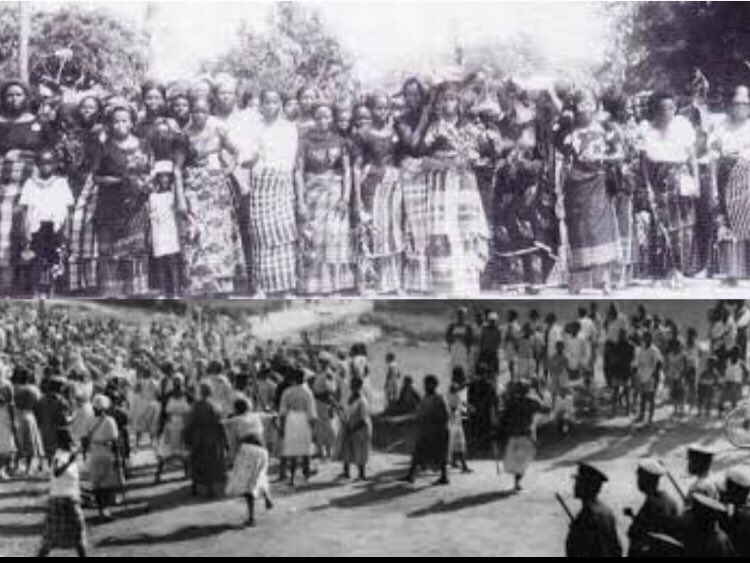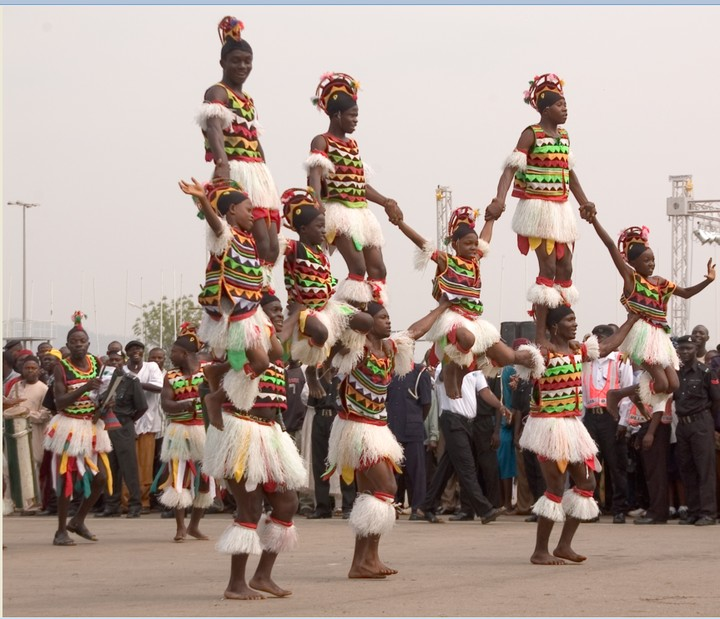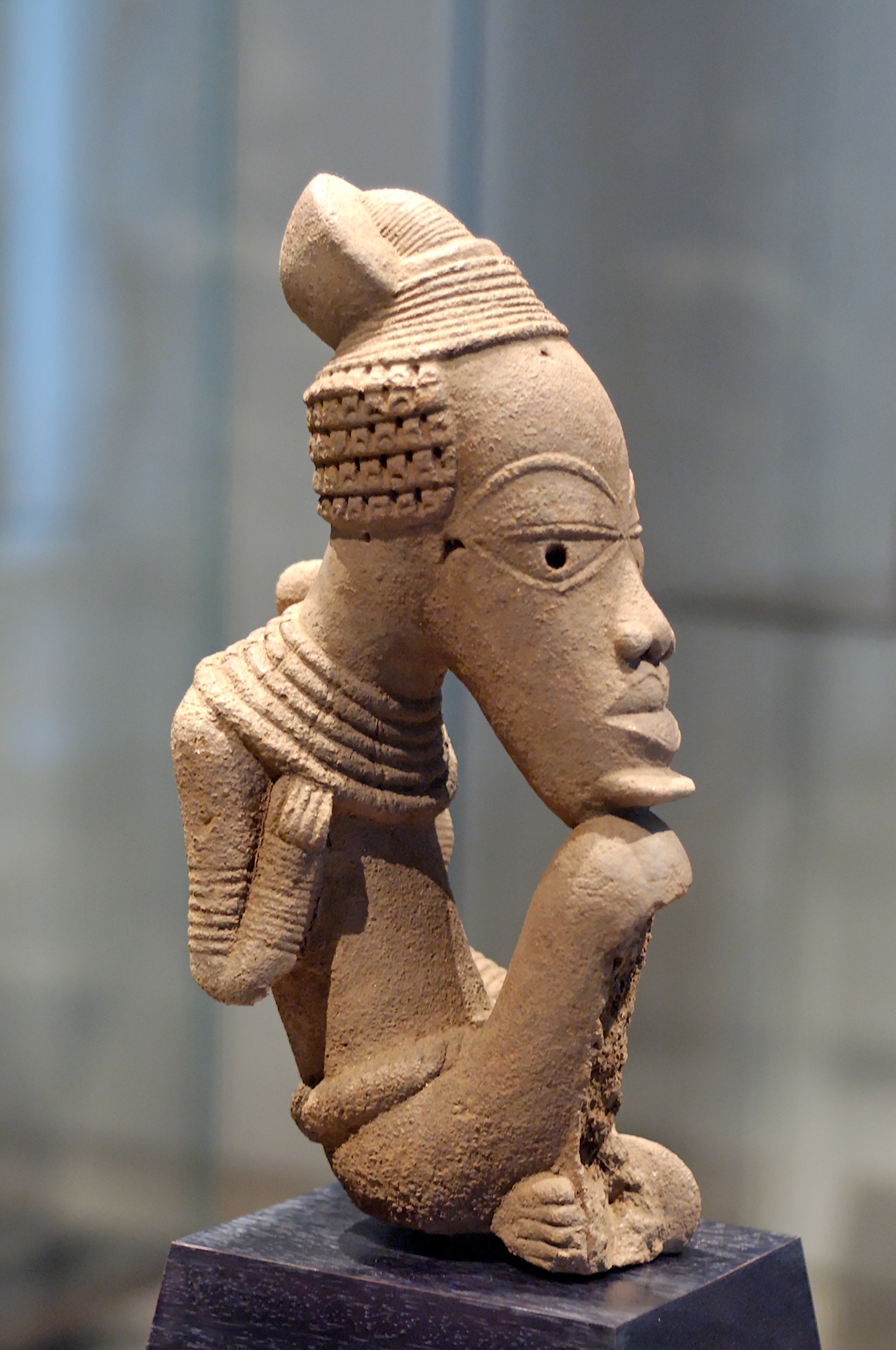
Introduction: When Women Rose Up
In 1929, southeastern Nigeria witnessed one of the most remarkable uprisings in African history — the Aba Women’s Riot, also called the Women’s War. Led by thousands of Igbo women, this movement was not only a protest against colonial taxation but also one of the earliest feminist revolutions in Africa.
At the BuildNET Virtual Museum of Nigerian Arts, Culture, and History, this story takes center stage — showing how ordinary women defied empire and reshaped the narrative of Nigerian resistance.
What Sparked the Aba Women’s Riot?
The revolt began when the British colonial administration, in its drive to tighten control and increase revenue, attempted to impose direct taxation on women.
For Igbo communities — where women played significant roles in trade, farming, and decision-making — the move was both an economic and cultural assault. Rumors that women would be counted and taxed spread like wildfire, sparking anger.
On November 18, 1929, thousands of women from Oloko gathered to challenge colonial officials. What started as a local protest quickly escalated into a mass movement across the Aba, Owerri, and Calabar provinces.
The Power of Collective Female Resistance
Unlike many uprisings that relied on weapons, the Aba Women’s Riot drew on traditional methods of protest. Women engaged in “sitting on a man” — a form of collective shaming involving songs, dance, and public ridicule directed at oppressive officials.
Within weeks, over 25,000 women were mobilized. They marched, chanted, and occupied colonial offices, demanding that taxation policies be reversed and corrupt warrant chiefs removed.
This uprising demonstrated the political agency of African women, countering colonial assumptions that women were passive or powerless.
The Colonial Response and Its Brutality
The British response was swift and violent. Soldiers opened fire on unarmed protesters, killing more than 50 women and injuring many others. Despite the bloodshed, the women’s movement forced colonial authorities to rethink their policies, scrapping direct taxation on women and reducing the powers of warrant chiefs.
The revolt became a turning point in colonial governance, showing that resistance was not only possible but effective.
Legacy and Modern Feminist Movements
The Aba Women’s Riot holds an important but often overlooked place in Nigerian and African feminist history. Its legacy can be seen in:
- Women’s political activism — proving that women could lead mass movements.
- Resistance culture — blending traditional protest with modern political demands.
- Global inspiration — positioning African women as pioneers of anti-colonial struggles.
Today, the story resonates with ongoing struggles for gender equality, justice, and representation in Nigeria and beyond.
The BuildNET Virtual Museum Experience
Through the BuildNET Virtual Museum, visitors can relive the Aba Women’s Riot through:
- Immersive storytelling of the protests, chants, and cultural practices.
- Archival photographs and documents showing colonial records of the uprising.
- Interactive exhibits highlighting women’s roles in Nigerian resistance movements.
This ensures the Aba Women’s Riot is not forgotten, but celebrated as a foundational moment in African feminist history.
Conclusion: Remembering the Forgotten Revolution
The Aba Women’s Riot of 1929 was more than just a protest — it was a revolution led by women, challenging both colonial rule and patriarchal structures. Though met with violence, these women proved that collective action could shake the foundations of empire.
At the BuildNET Virtual Museum, their courage is honored and their voices amplified for new generations to hear.
📲 Subscribe today to experience Nigeria’s forgotten feminist revolution — brought to life in the BuildNET Virtual Museum.



This is very interesting, You are a very skilled blogger. I have joined your rss feed and look forward to seeking more of your great post. Also, I have shared your web site in my social networks!
Thank you very much. We’re glad you enjoyed the visit. Please stay tuned to subscribe to the Virtual Museum when it launches in late October 2025. Thank you.
Touching story